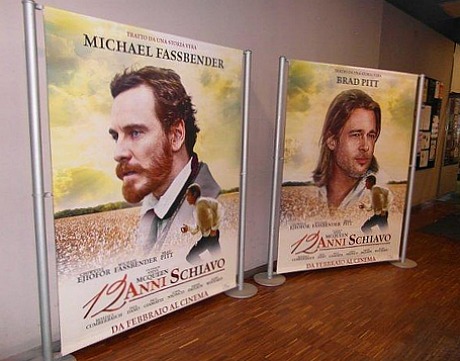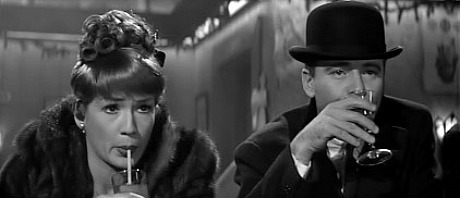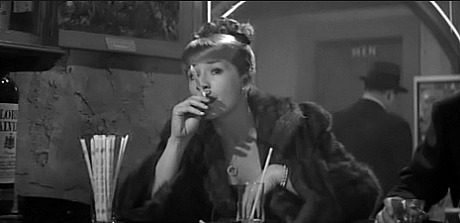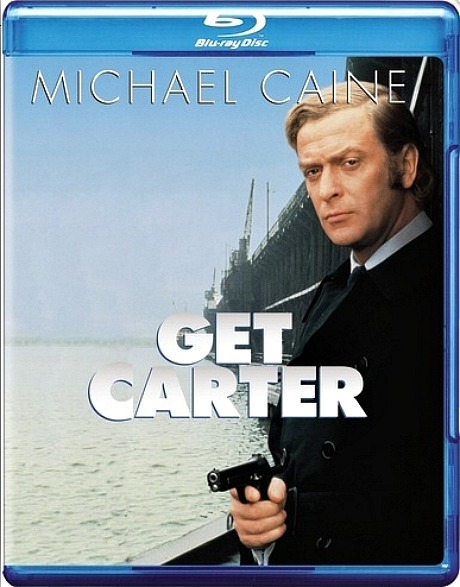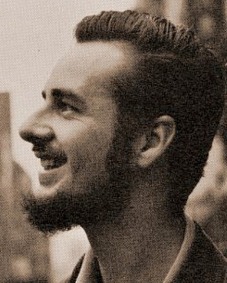“The editing style is really, again, about simplicity and not gimmicks, you know? So it’s a little hard for us right now with the modern style of blender editing, where everything is two frames long. [Marty] keeps saying, ‘Where is the shot?’ Whatever happened to the great shot like Kubrick used to do? And you could watch it for six minutes and never get bored because it was so beautifully framed. It had such beautiful music. And what was going on inside was so great. Now it’s just, the image doesn’t mean anything. And they seem to be getting so short now that I wonder if they’re going to come to the end of the road. I don’t think they can make each cut any shorter! I wonder if there will be a big backlash and everything will go back to being slow again.” — Wolf of Wall Street editor Thelma Schoonmaker speaking to Hitfix‘s Kris Tapley in a 12.20 interview piece.
I always have a hard time deciding which films are exceptionally well cut. If I like a film I like the editing — it doesn’t go much deeper than that. First-rate editing — smart, fleeting, sleight of handish — is invisible, for the most part. If you don’t notice it it’s probably good. What I notice is economy and timing and, at times, the musicality. Good editing and good music share certain qualities. I sometimes notice how long a shot is held, the precise millisecond when a shot cuts to another. I also notice editing with uneven rhythms and jarring tempos, and I definitely notice cutting that seems overly frenzied and chaotic. I know that the editing in Inside Llewyn Davis seems extra-attuned. I love Thelma’s cutting of The Wolf of Wall Street, needless to say. 12 Years A Slave, for sure. Her is perfectly cut.
Are there any films that have stood out as especially well-edited for the HE community?
Read more
